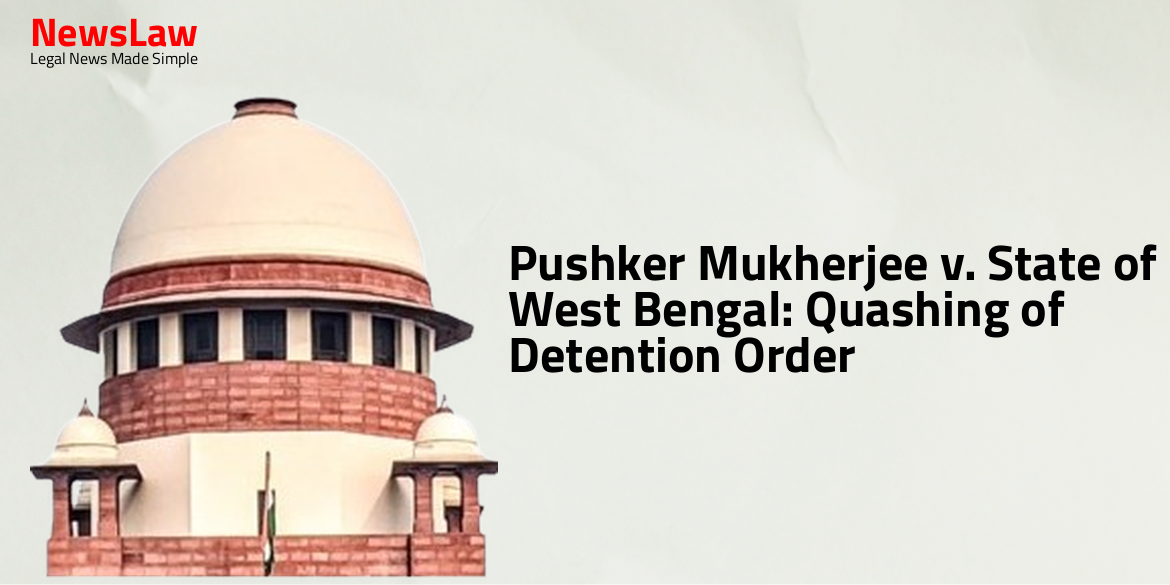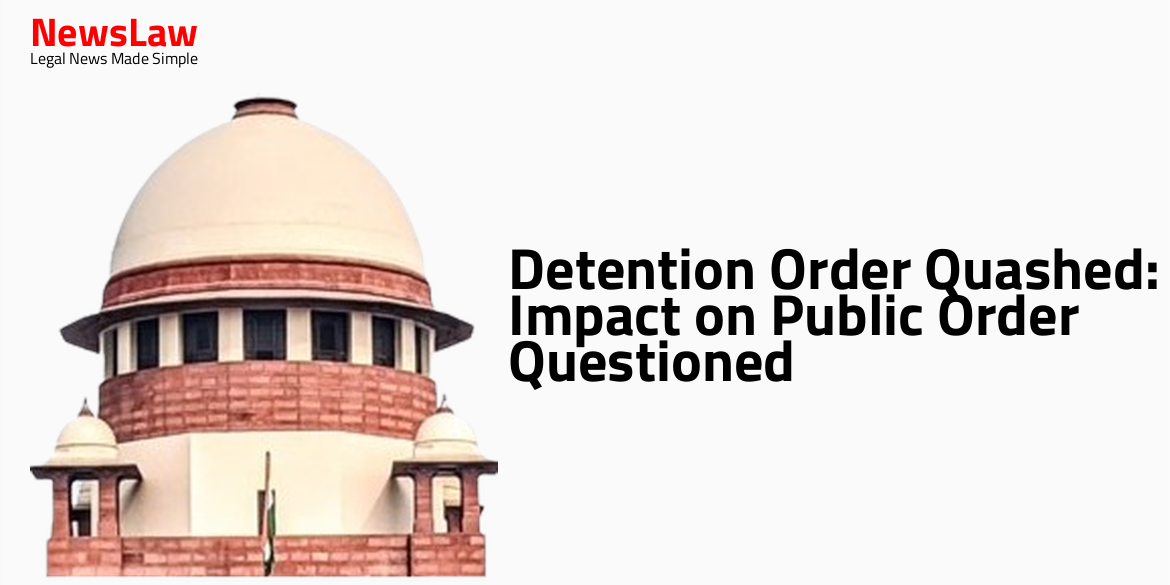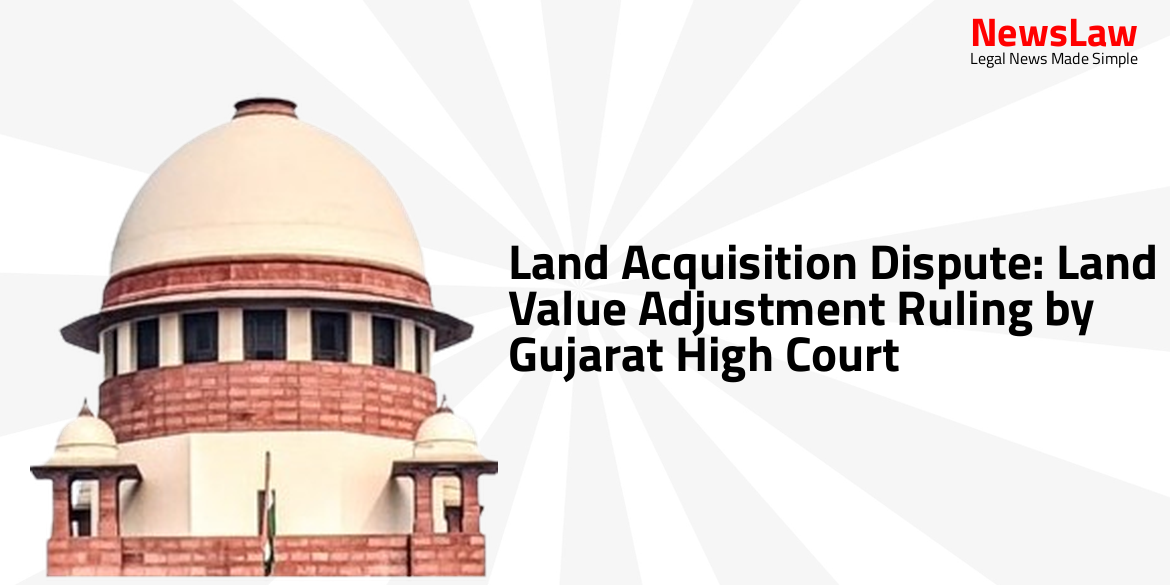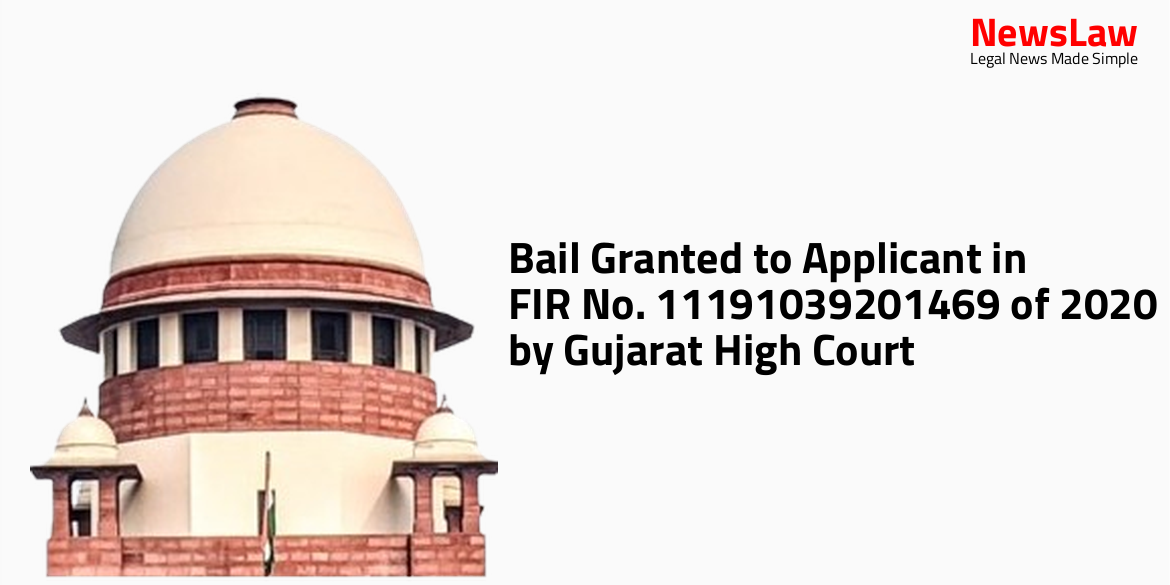In a significant ruling, the Gujarat High Court has quashed the detention order in the case of Pushker Mukherjee v. State of West Bengal. The court provided a clear distinction between ‘law and order’ and ‘public order’, emphasizing the criteria for determining actions prejudicial to the maintenance of public order. Stay tuned to explore the implications of this ruling on preventive detention laws.
Analysis
- The Supreme Court in the case of Pushker Mukherjee v. State of West Bengal [AIR 1970 SC 852] provided a clear distinction between ‘law and order’ and ‘public order’.
- For the purpose of Section 2A of the Special Powers Act, a person is deemed to be ‘acting in any manner prejudicial to the maintenance of public order’ when engaged in activities like bootlegging, being a dangerous person, drug offender, immoral traffic offender, or property grabber.
- Activities that directly or indirectly cause harm, danger, alarm, feelings of insecurity among the general public or pose a grave danger to life, property, or public health are considered to affect public order adversely.
- The criteria for determining the impact on public order include the harm, danger, alarm or feeling of insecurity caused among the public or any section of it, as well as the presence of a grave or widespread danger to life, property or public health.
- Delay in the detention order was not explained by the detaining authority or in any substantive affidavit.
- The delay was deemed fatal to the detention of the petitioner.
- The detaining authority is required to undertake a meaningful exercise and apply their mind to documents before coming to a conclusion on detention.
- The exercise of looking objectively at the documents to determine if detention is the only option was not evident from the grounds of detention or accompanying documents.
- Public order does not encompass every type of infraction, but rather specific categories.
- Individual quarrels or assaults, while causing disorder, may not amount to public disorder.
- Not every act of assault or injury leads to public disorder.
- The delay of 2 months in passing the order of detention after the petitioner’s release on regular bail raises a concern.
- A distinction is made between serious disturbances directly affecting the community or public interest and minor breaches of peace with local significance.
- Mere disturbance of law and order is not enough for action under the Preventive Detention Act, it must affect public order.
- The detaining authority has failed to prove that the petitioner’s alleged antisocial activities adversely affect or are likely to affect public order.
- Being a bootlegger alone does not warrant preventive detention under PASA unless it affects public order.
- Merely having cases under the Prohibition Act does not automatically indicate a threat to public order.
- The petitioner can be punished for offenses but that does not mean they have disrupted public order or public health.
Decision
- The order of detention dated 10.11.2023 is quashed.
- The detenue is ordered to be set at liberty if not required in any other case.
- The petition is allowed and the Rule is made absolute.
- Direct service is permitted.
Case Title: JAYESHBHAI @ BHANO @ JALO HARGOVANBHAI THAKKAR THROUGH NIRAVKUMAR HARGOVANBHAI THAKKAR (BROTHER) Vs. STATE OF GUJARAT
Case Number: R/SCA/20430/2023



